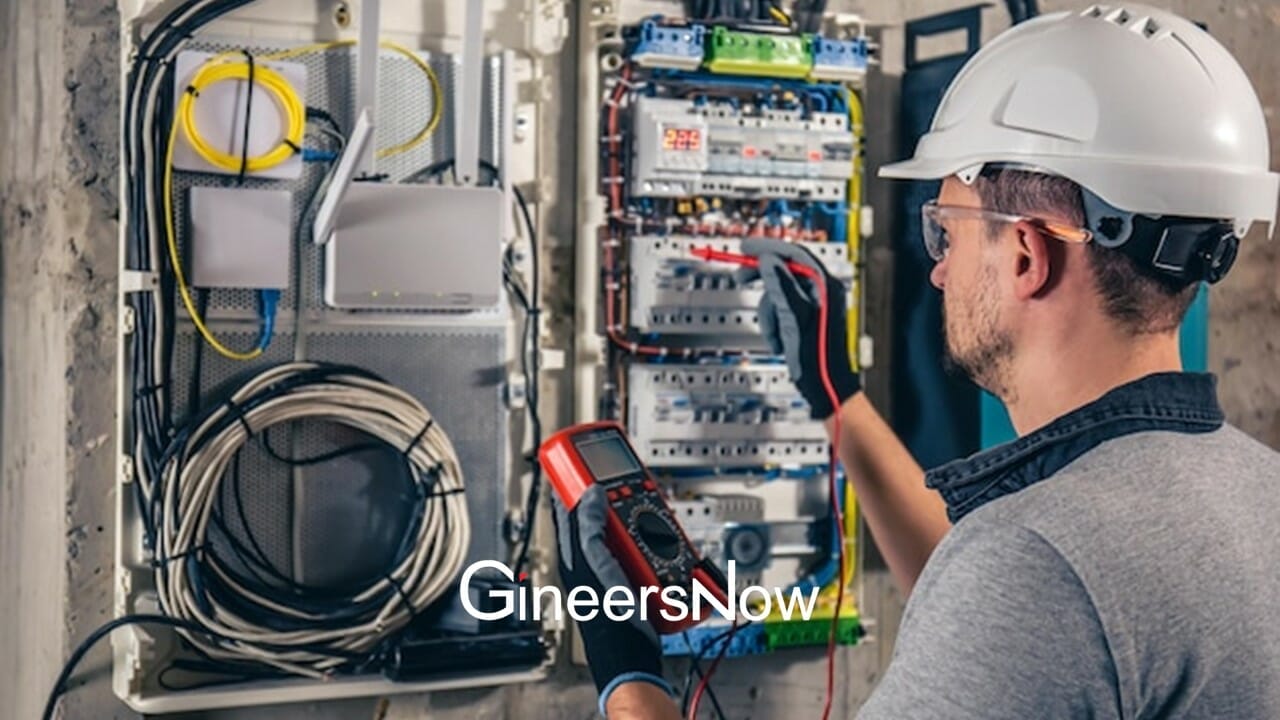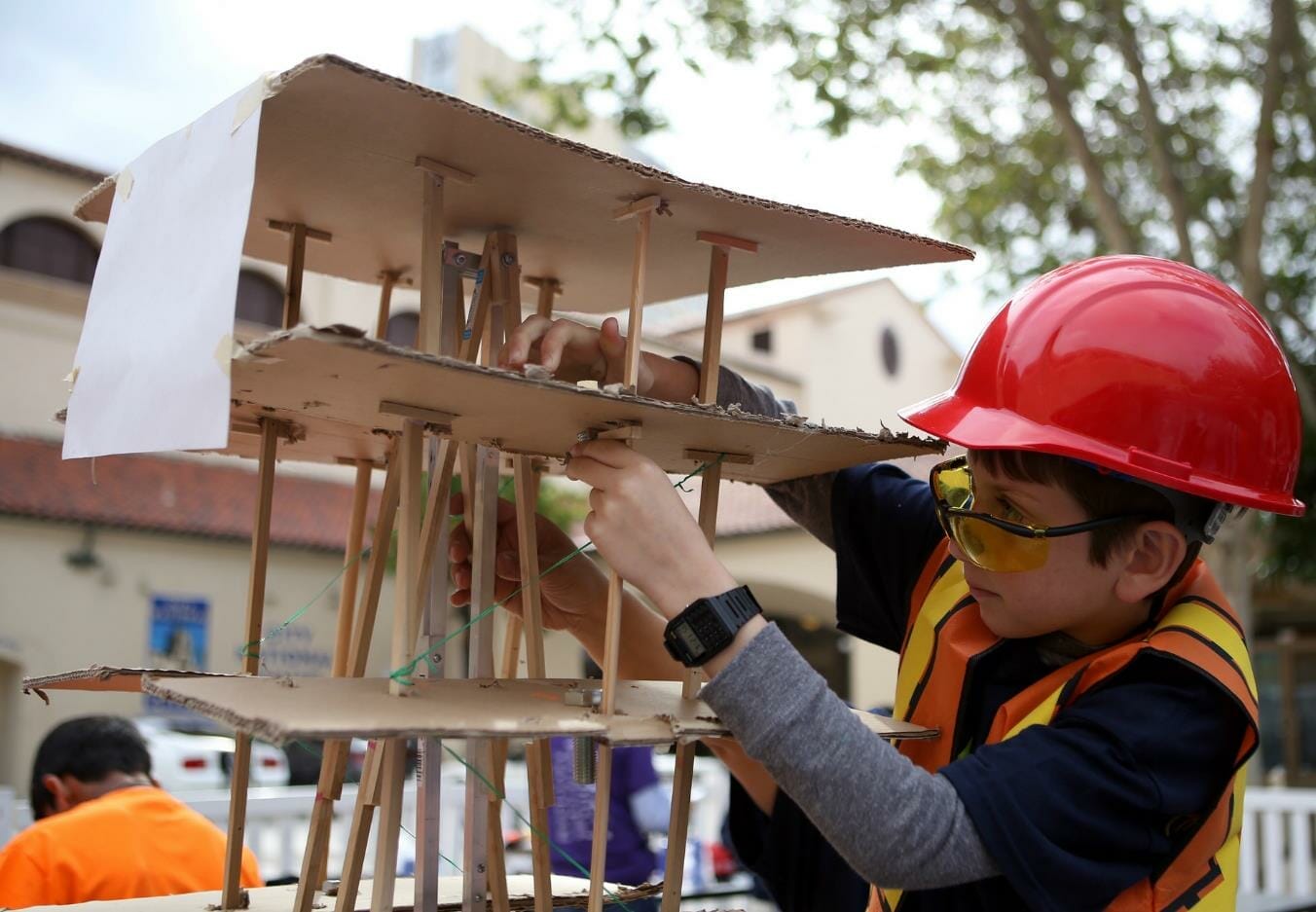Electricity is essential since it powers our homes, appliances, and other equipment we use every day. Keep in mind that if you don’t know what you’re doing with electricity, it can kill you. Keeping your home and family safe is dependent on your diligence in following best practices. In this article, we’ll go over eight precautions you should take when working with electricity to keep yourself and others safe from harm.
Inspect Electrical Cords Regularly
Many of our modern devices and home appliances cannot function without being plugged into an electrical outlet. After some time, the cables could fray, break, or become disconnected, exposing live wires. Regularly checking all electrical wires is required to find such issues. Pay close attention to the ends of the cords, where they connect to the wall.
If you notice any signs of damage or wear, such frayed wires or melted plastic, act immediately. If you notice any frayed cords, please replace them right once or contact an electrician. Repairing lines with tape or other temporary methods poses electrical hazards and should be avoided.

Use Surge Protectors
Voltage and wattage requirements should be considered when choosing surge protectors. Circuit breakers are one crucial surge protector, with RC networks being the best in surge protection. Inspect your surge protectors regularly to ensure they do not wear, putting you at risk with your appliances. Be sure to protect all your sensitive devices against power surge that could result from lightning and storms.
Unplug Unused Devices
Today’s high-tech society relies heavily on a wide variety of electrical devices, from smartphones and computers to home appliances and media centers. Many of these devices continue to take power, known as standby power consumption, even when turned off. Turning off gadgets reduces the risk of electrical fires caused by improper wiring or overheating, in addition to saving energy and money. Power strips that feature independent off switches for each appliance could be useful in this situation. This strategy saves resources by cutting power to everything at once, and it also adds a degree of security.
Use Childproof Outlets
Electrical outlets are already a potential hazard, but when young children are present the risk is amplified. Young children often try new things, including sticking objects into electrical outlets, which can result in shocks or burns. Covers for electrical outlets and other forms of childproofing are essential for preventing such mishaps.
Protect small children from electric shock by covering unused outlets with safety caps or sliding outlet covers. It’s important to hide electrical outlets and extension cords from curious children. Instill in your children a healthy fear of electricity and the wisdom to know when to seek aid from an adult.
Avoid Overloading Outlets and Extension Cords
Modern homes can have too many electronic devices for the available power outlets. However, it is risky to use extension cables to rig up makeshift sockets or to jam outlets with too many plugs.
There is a limit to how much power may be taken from a socket. Electrical fires can be started by overusing an outlet, which causes it to overheat. To avoid this, make sure to use only high-quality power strips equipped with circuit breakers. Circuit breakers are commonly employed in electrical systems as overload protection devices, cutting power to outlets if an overload is detected.
Before using an extension cord, check its length and power rating to make sure they are adequate. If you find yourself frequently in need of more outlets, a licensed electrician can safely install more outlets in your house.
Avoid Water Contact With Electricity
Water and electricity are a dangerous combination. When water is present, the risk of electrical shock or electrocution increases dramatically. Never use wet hands to touch any electrical device; never use any electrical appliance near water.
In damp areas like the bathroom or kitchen, only use electrical gadgets that were made to tolerate water and steam. Make sure the electrical equipment you buy has adequate insulation and waterproofing to avoid accidents.
Install Ground Fault Circuit Interrupters (GFCIs)
Installing a ground fault circuit interrupter (GFCI) can save your life and the lives of your loved ones if an electrical shock were to occur. These devices immediately cut power if they detect an imbalance or ground fault in the electrical current. Because of the potential for water and electricity to come into contact in these locations, GFCIs are commonly found in bathrooms, basements, or outdoor outlets.
Maintaining working GFCI devices requires routine testing. If a GFCI is properly installed and operating, pressing the “Test” button will cause the device to trip and cut power. After that, you need to press the “Reset” button to turn it back on. The GFCI should trip and reset automatically; otherwise, it is probably broken and has to be checked by an electrician.
Hire a Licensed Electrician
It is not a good idea to attempt electrical work on your own. You can put yourself and others in danger if you haven’t had the proper education and experience to deal with electrical issues.. Any kind of electrical work within the home requires the services of a licensed electrician.
A licensed electrician will ensure that your electrical systems are installed and maintained in accordance with all local, state, and national standards. All electrical work, from fixing faulty wiring and installing new outlets to upgrading your electrical panel, is best left to licensed professionals.
Perform Routine Maintenance
The best method to ensure that your electrical systems are in good working order and to detect any potential issues early is to perform regular checks. During these checkups, electrical engineer will assess the overall health of your electrical system and provide ideas for enhancements. Addressing these issues without delay will prevent the emergence of more serious and costly consequences later on.
Endnote
Remember the importance of electrical safety for your home. By adhering to these nine guidelines, you can keep your home and family safe from electrical hazards. To prevent electrical shock or fires, parents should regularly inspect all power cords, unplug all equipment not in use, and cover all exposed outlets. Avoid overloading electrical outlets and cord extensions when working near water.












